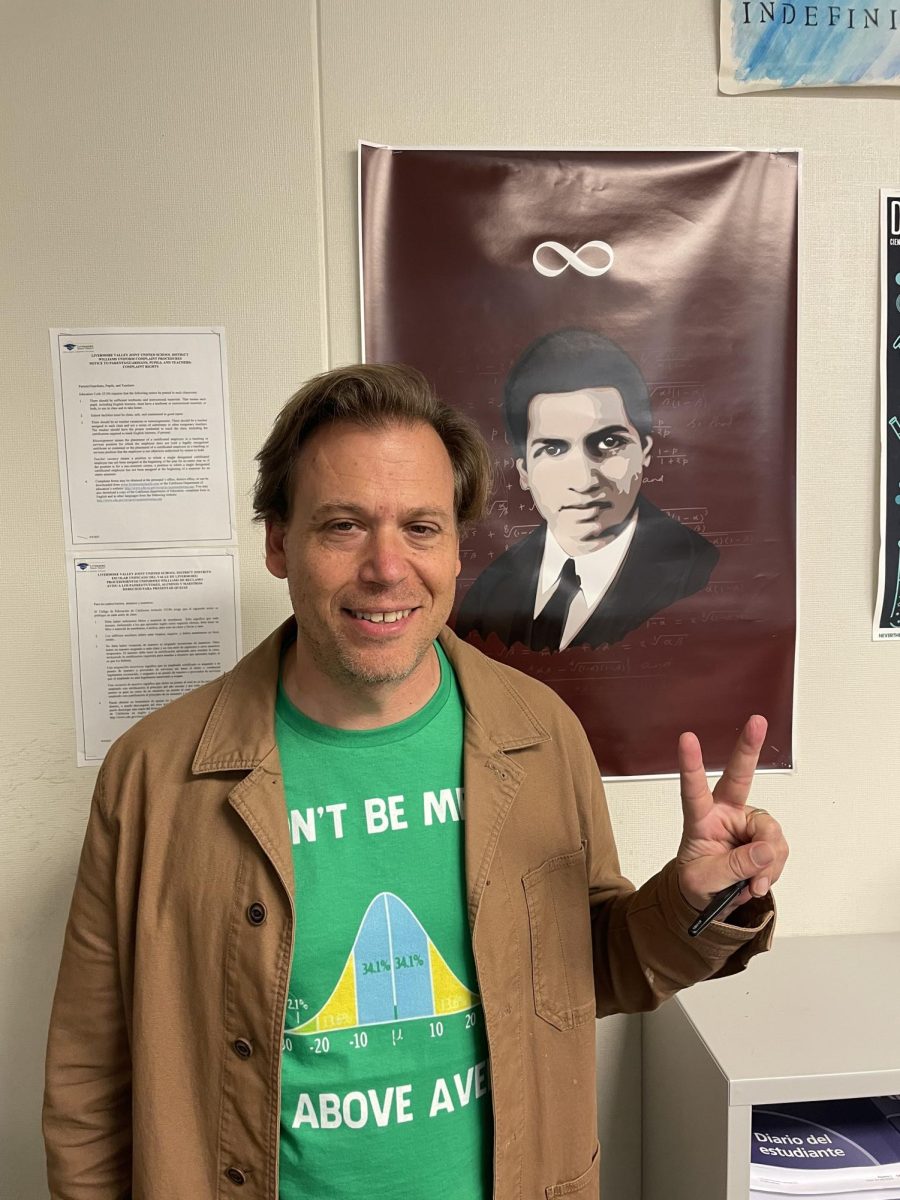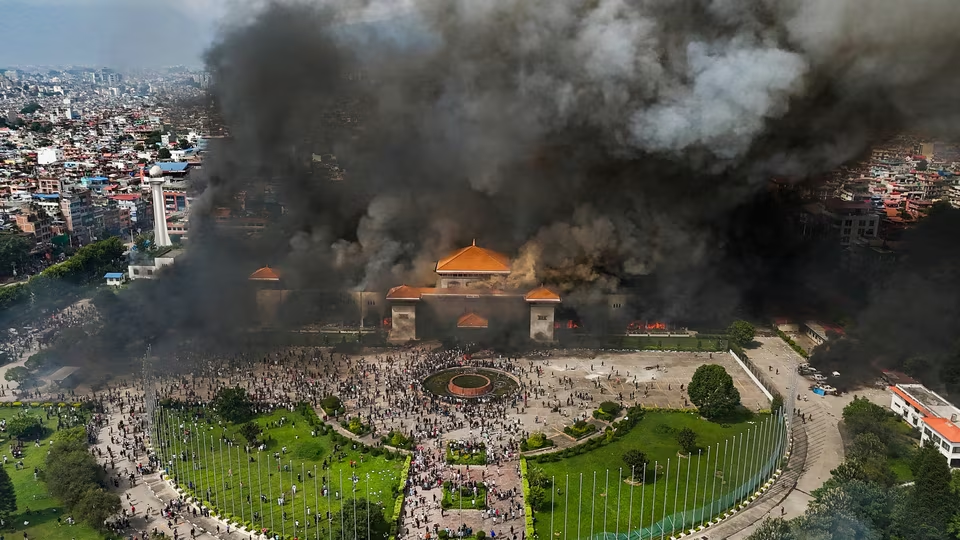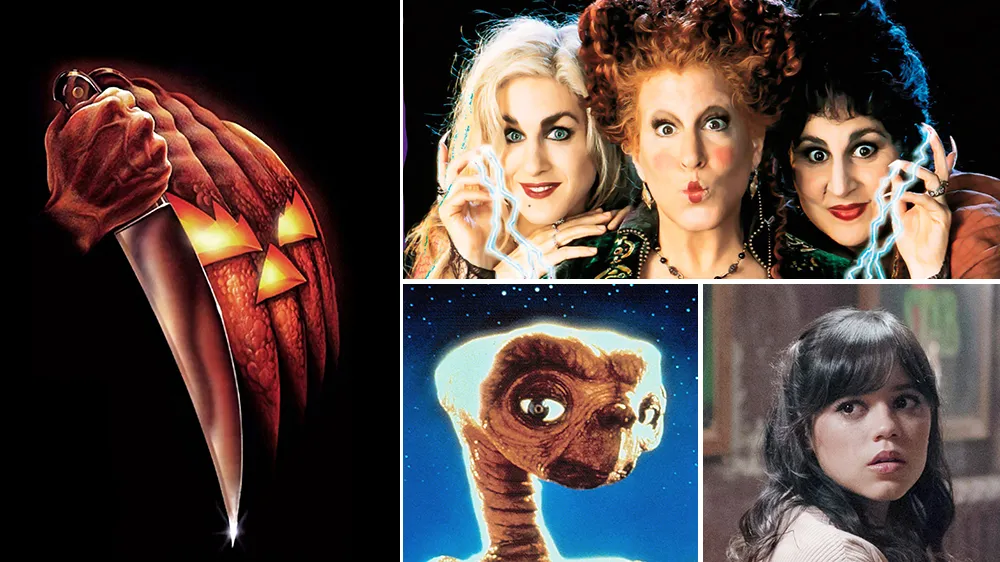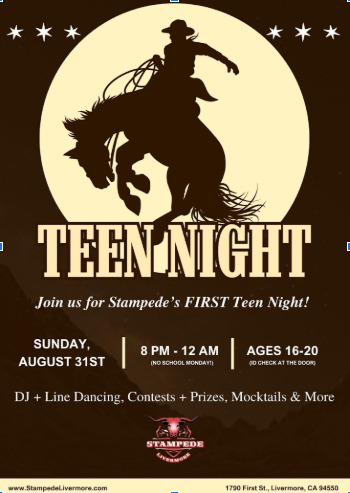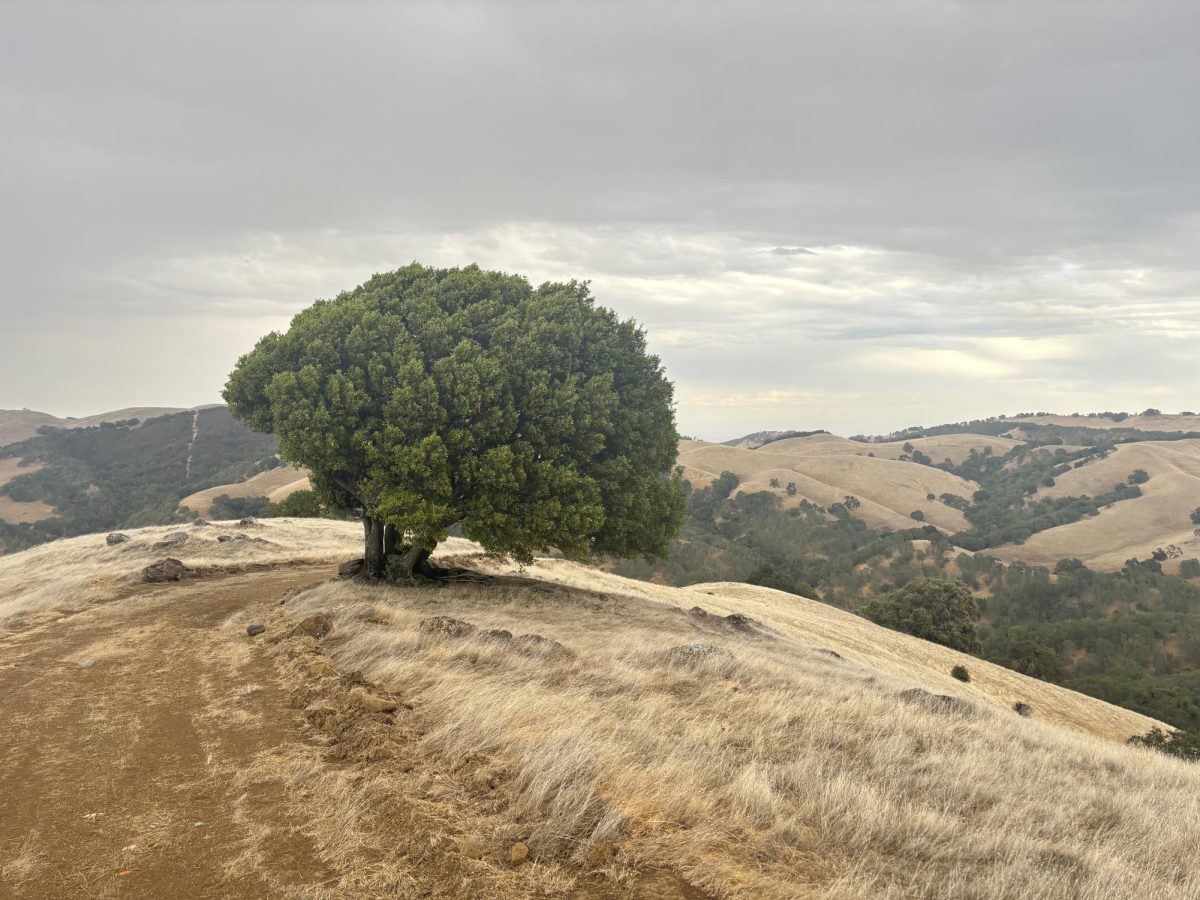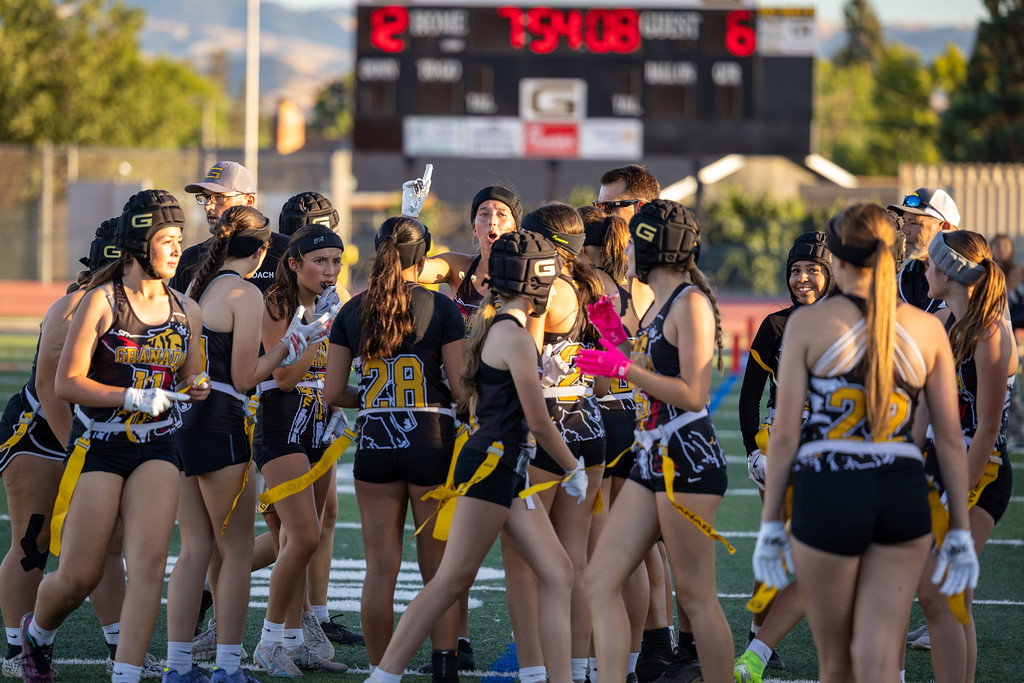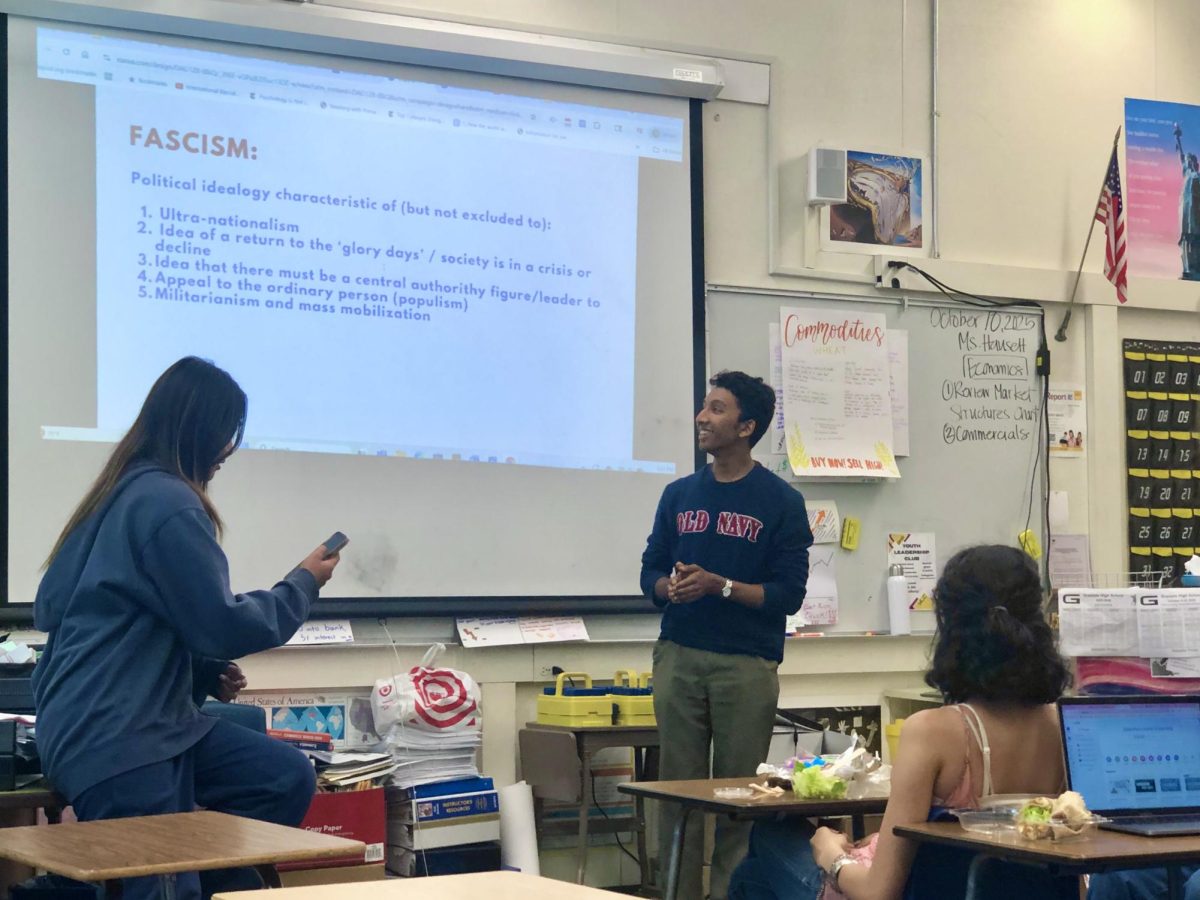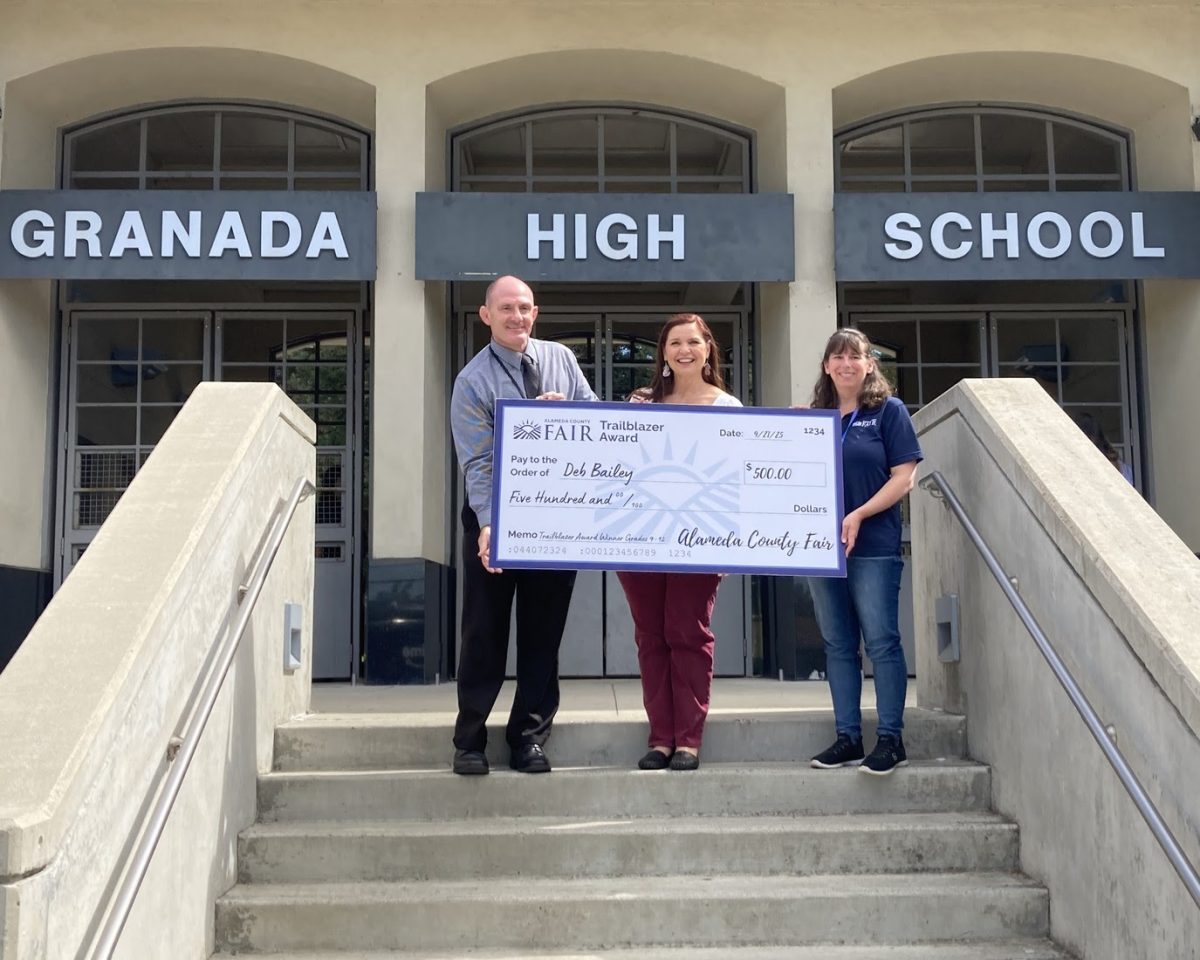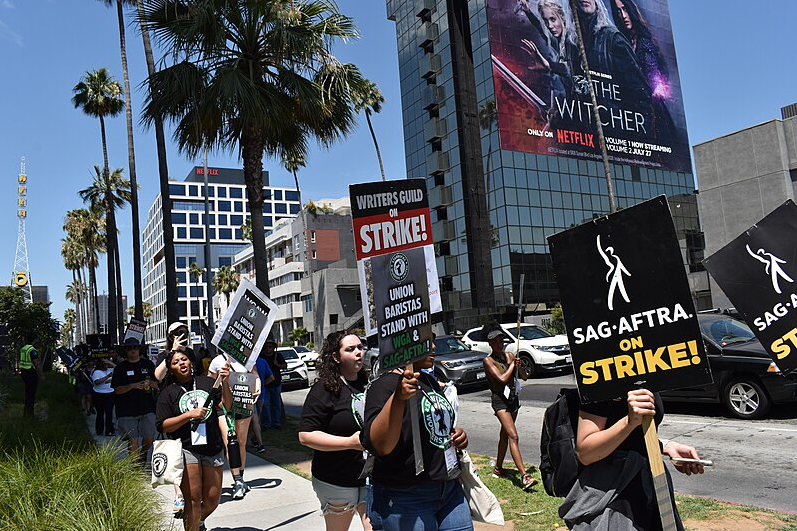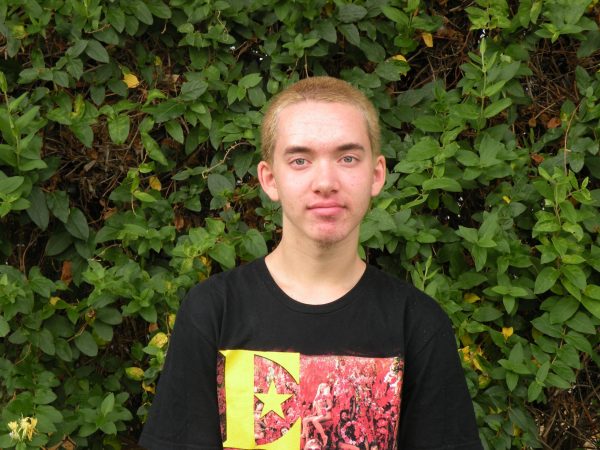In May, The Pomegranate reported on the beginning of the WGA’s strike. Over four months later, not only is the WGA still on strike but the Screen Actors Guild-American Federation of Television and Radio Artists (SAG-AFTRA) launched their own strike over the summer. Here is how the strike(s) have changed, what is happening between the studios (AMPTP) and the actors and writers, and what projects will continue to be delayed.
The Writers Guild of America went on strike on May 1, 2023, after failed negotiations with the AMPTP over a new contract. Disagreements came over the low pay of writers, terrible residuals in the age of streaming, and the use of AI when writing scripts. In May, we knew this would stop the production of several shows, including SNL, The Rings of Power, Yellowjackets, Cobra Kai, Abbott Elementary, Stranger Things 5, and all late-night shows.
A little over two months after the beginning of WGA’s strike, the SAG-AFTRA began their strike on July 14, 2023. SAG-AFTRA includes 160,000 members with actor Fran Drescher as president. Since then, over 60,000 actors have joined the picket lines to voice their displeasure with the major studios. This is not only the first time that actors have struck since 1980, but the first time the actors and writers have simultaneously been on strike since 1960.
The reasons for the actors’ strike are low pay, the effects of streaming services on residuals, and the use of AI/digital recreation. In an interview with CBS Mornings, Drescher stated, “Most of my members don’t even meet the threshold to get health insurance, which is $26,000 a year, and in most jobs that would be considered a part-time job.”
According to SAG-AFTRA, the AMPTP (which includes Apple, Amazon, Netflix, NBCUniversal, Sony, and Paramount) has refused to negotiate pay raises for performers and how streaming revenue is shared with actors. In response, the AMPTP stated, “The deal that SAG-AFTRA walked away from on July 12 is worth more than $1 billion in wage increases, pension & health contributions, and residual increases and includes first-of-their-kind protections over its three-year term, including expressly with respect to A.I.”
But, what exactly are the actors asking for? SAG-AFTRA is asking studios for an 11% raise to baseline rates this year and an 8% raise over the next two years specifically due to the rising inflation of the last two years. Instead, the studios have counter-offered with a 5% raise this year and a 7.5% raise over the next two years.
Another issue for actors is how residual payments have declined. Residuals are the pay that performers receive when a movie or TV show they appeared on re-airs or is re-distributed. For decades, residuals provided actors with a steady income, especially actors who hadn’t made it big. But, with streaming services changing the way we watch movies and TV, residuals are drying up and changing what was once a stable career. Streaming services do not pay actors each time a movie or an episode of a TV show they are in is viewed; performers are paid a much smaller amount to have their movies and shows available for streaming.
Even actors who star in prominent films or TV series barely make anything from streaming. Actor Mark Proksch makes more from guest starring on The Office (which ended in 2013) than he does from What We Do In the Shadows, a hit TV show in which he is a lead cast member. Mandy Moore has stated that she has received residual checks for as little as 1 penny for her lead role in This Is Us. SAG proposed that its members should receive a share of revenue from streaming services, but the studios rejected this offer. The vast majority of actors are not making millions per movie. 87% of SAG-AFTRA members make less than $26,000 a year.
Another reason for the strike is the actors’ demands for tighter regulations on the use of artificial intelligence. Actors don’t want their likenesses used to train AI as well as want to know they won’t be replaced by AI. The possibility of being replaced by AI is scariest for background actors.
“They proposed that our background performers should be able to be scanned, get paid for one day’s pay, and the company should be able to own that scan, that likeness, for the rest of eternity, on any project they want, with no consent and no compensation,” Crabtree-Ireland, chief operating officer of SAG-AFTRA, said of the studios’ proposal.
However, an AMPTP spokesperson denied that characterization in a statement to CBS. The studios’ latest proposal “only permits a company to use the digital replica of a background actor in the motion picture for which the background actor is employed. Any other use requires the background actor’s consent and bargaining for the use, subject to a minimum payment.”
Even if the studios are truthful in stating what they would do with the digital replication, it’s still frightening for actors. Studios could pay an actor a minuscule amount of money for one day of work and then own their face and use it for the rest of production. The actor would only be paid once for the use of their face/appearance throughout the entire film. There’s also the implication of how far studios can go with A.I. Today, they only own your likeness for one movie, tomorrow they can use your face whenever they want (without providing extra compensation).
With 98% of SAG-AFTRA voting to support a strike in June, most big names support the strike. Actors who have publicly stated their support include Adam Driver, Chris Pratt, Jennifer Lawrence, Quinta Brunson, Steve Buscemi, Meryl Streep, Mark Ruffalo, and Bryan Cranston. In an open letter to SAG-AFTRA, over 400 prominent actors stated their support for a strike. “We feel that our wages, our craft, our creative freedom, and the power of our union have all been undermined in the last decade. We need to reverse those trajectories,” the letter read.
Due to the strike, union members are barred from working on a project or promoting one. This means actors may not participate in red carpets, premieres, voice acting, trailers, stunt-performing, fittings, wardrobe or makeup tests, rehearsals or camera tests, and interviews for new or upcoming projects until the strike is over. This includes projects that were already finished before the strike. At the Oppenheimer premiere on July 13, the cast walked out early to abide by the strike’s rules.
There are punishments for strike-breaking/working for a production company, aka scabbing. Scabbing is the practice of choosing to work instead of joining co-workers in protesting. Penalties for scabbing could include disciplinary action such as “censure, reprimand, fine, suspension, and/or expulsion,” the union says on its website. The union also noted that any non-member “seeking future membership in SAG-AFTRA who performs covered services for a struck company during the strike will not be admitted into membership in SAG-AFTRA.” This means that if any non-SAG-AFTRA member does a job for a studio they will not be able to join SAG-AFTRA in the future. This is a negative as SAG-AFTRA protects actors of all levels to ensure they have a fair wage and fair working conditions.
Four months after the start of the writers’ strike and a month after the actors’ strike, these are a few of the additional projects being delayed: Gran Turismo, Dirty Dancing sequel, Spider-Man: Beyond the Spider-Verse, Ghostbusters: Afterlife, Beetlejuice 2, Avatar 3-5, The Mandalorian season 5, Captain America: Brave New World, Deadpool 3, Family Guy, Dune 2, Euphoria, The Last of Us, The White Lotus, and Wicked.
When asked how long the strike would go on for, Drescher replied, “That’s up to them,” in reference to AMPTP. “We’re open, we’re talking to them tonight. All of this is up because of their behavior. It’s up to them,” she said.
The last SAG-AFTRA strike lasted for three months. It’s unsure how long the actors’ and writers’ strikes will last as so far the studios have displayed their unwillingness to comply with the WGA and SAG-AFTRA’s requests. All movies and TV shows will continue to be postponed so you’re going to have to wait even longer for new movies or TV seasons. The actors are not backing down, the writers are not backing down, and the studios are not backing down. Time will tell how long this historic strike lasts.

